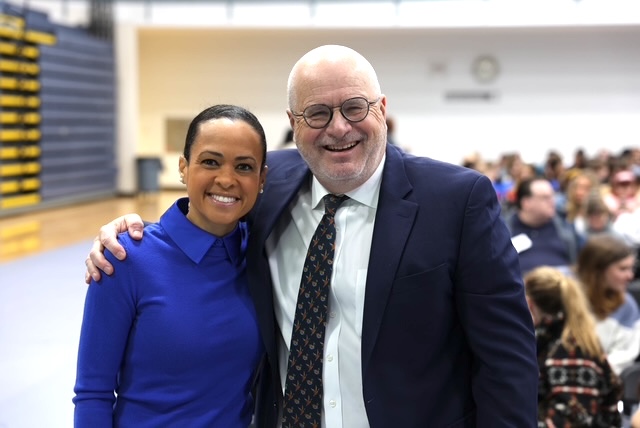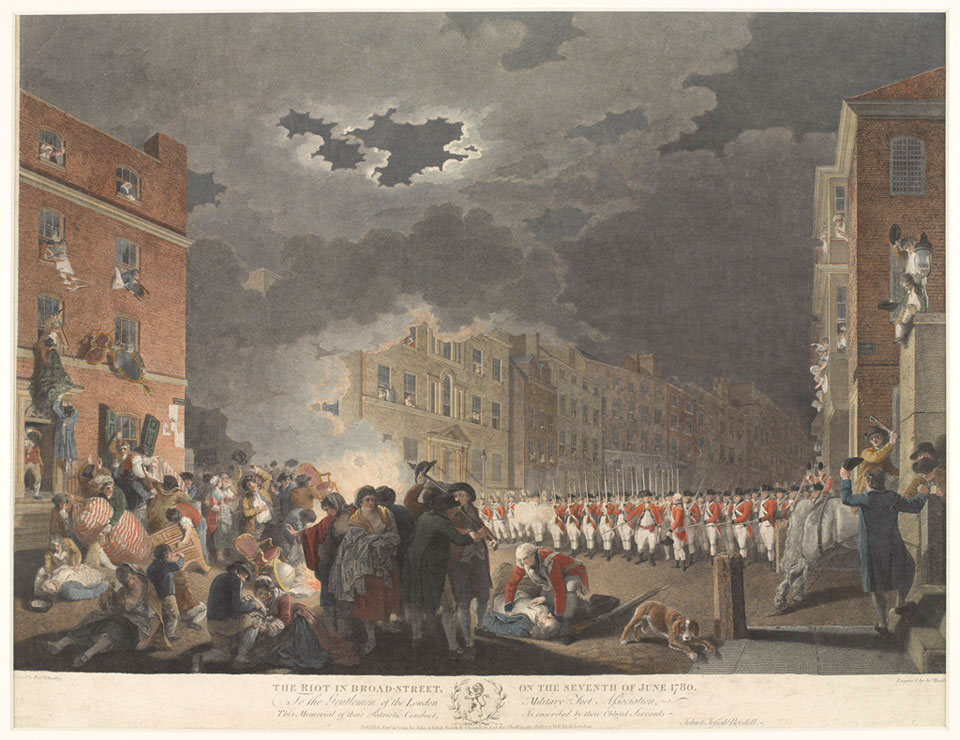Do the Math?
January 22, 2023

“Why should I have to study all this stupid math?” the kid grumbled. “I’m never gonna use it.”
“You probably won’t,” my husband said. The girl’s mother shot him a glare that would fell a giant. “But math will teach you how to think,” he continued, “and that you will use for the rest of your life.”
Yes and no.
Curious how math changes us, I reach out to Manil Suri, a mathematician whose latest book is The Big Bang of Numbers: How to Build the Universe Using Only Math. He mentions the Wason selection test, which mathematicians ought to ace, because it calls for the sort of abstract thinking and logic they use all the time. Alas, it turns out they do only slightly better than the rest of us. “The type of thinking we all use most of the time is more related to our experience than to abstraction and logic,” he explains. “Those kick in with deeper reflection, and mathematicians don’t always have that switch turned on.
“So,” he continues, “that idea that math makes you think is a little suspect.”
Nonetheless, it has a venerable history. Plato insisted that mathematics strengthened the mind for other tasks. Abraham Lincoln crammed Euclid’s treatises on geometry to sharpen his use of language and logic. Only recently, Suri says, has research disproved their assumption: “The theory of formal discipline says if you exercise your brain in one aspect it can leapfrog and help you do other tasks. It doesn’t.”
“That’s a shame,” I say, disappointed for us all.
“Yeah, it is,” Suri agrees. “My husband is always talking about all the ways Latin helped him, but that has been refuted.”
“Did you tell him?”
“Yeah. He didn’t buy it.”
I am not sure I do, either. Because when I ask Suri if math makes any difference in his everyday life, he mentions an affinity for patterns. Since he was a kid, for example, he has noticed unusual tile patterns in bathrooms, studying them to find out how often, or if, they repeat. He has seen the same pattern curiosity in other mathematicians.
He also remembers, years ago, taking a film appreciation class. One assignment was to decide whether Leni Riefenstahl, director of Triumph of the Will—the famous documentary showing a Nazi Party rally in Nuremberg in 1935—was making propaganda or art.
“Well, you know, it could be both,” Suri responded, picking up his pen and drawing a vertical axis for propaganda and a horizontal axis for art. Then he made an even simpler diagram, drawing a line with art at one end and propaganda at the other, so the film could be located on the continuum between them.
“There is something called thinking mathematically,” he says. “A friend had a cancer diagnosis and had to decide about further treatment. The way those kinds of decisions are often presented is, ‘If you don’t do this, this is what could happen.’ Another friend had prostate cancer and he said, ‘Yes, just take it out.’ She was thinking the same thing: just do the most aggressive treatment possible. I was able to convince her to ask more questions about probabilities, which people often don’t think about. Your mind automatically latches on to the worst-case scenario. You have to think about how much risk you are willing to tolerate.”
He also credits math with helping him think logically about murky, hotly controversial social issues that have nothing to do with math. “The fact that I’ve done so many proofs has trained me to argue and counterargue,” he says. When he is writing an op-ed for The New York Times, he scaffolds it with logic, thinking of every possible objection and addressing them one by one. “In higher math, you are always imagining how the variables can behave, where they can go, how they might spoil your theorem.”
Higher math is where the beauty is, and the excitement. All the tedious number crunching falls away. “Each time I hear someone say ‘Do the math,’ I grit my teeth,” Suri once wrote. The injunction reduces math to arithmetic, but his field is really about ideas. The origin of numbers. The use of infinity to deal with the finite. “You don’t even need to be good at arithmetic,” he says, “although if you are, it frees your mind to absorb other things.”
I have hated math for far too long. I would love to know how it feels to inhale that crystal-clear air and see the beauty of the universe laid out below me. I would love to know how seeing that invisible structure shapes what you see around you. Much of life’s wisdom turns out to be knowing when to add and when to subtract, what should be multiplied (forgiveness seventy times seven) and what will multiply and hurt you (debt), how wealth should be divided and people should not. Yet I learned only enough to get through those courses, and now that I am told to relax—because without a natural aptitude, studying it would have made little difference—I find myself wistful instead of relieved.
“Do you believe there is order in the universe?” I ask.
Suri hesitates. “I try to find order in things. Orderliness of the world? Yes, the answer would be yes.”
“But the world is so messy, and math is so clean and elegant.”
“There are three possibilities: that the world is orderly, that it is random, or that it is chaotic. But chaotic means it still has order: there are pathways that are followed. It’s unpredictable day to day but entirely predictable over a long period.” I can hear the smile in his voice. “The world is messy, but there’s math that explains the messiness. It looks at the order in the disorder.”
Which seems an excellent way to learn to think.
Read more by Jeannette Cooperman here.







